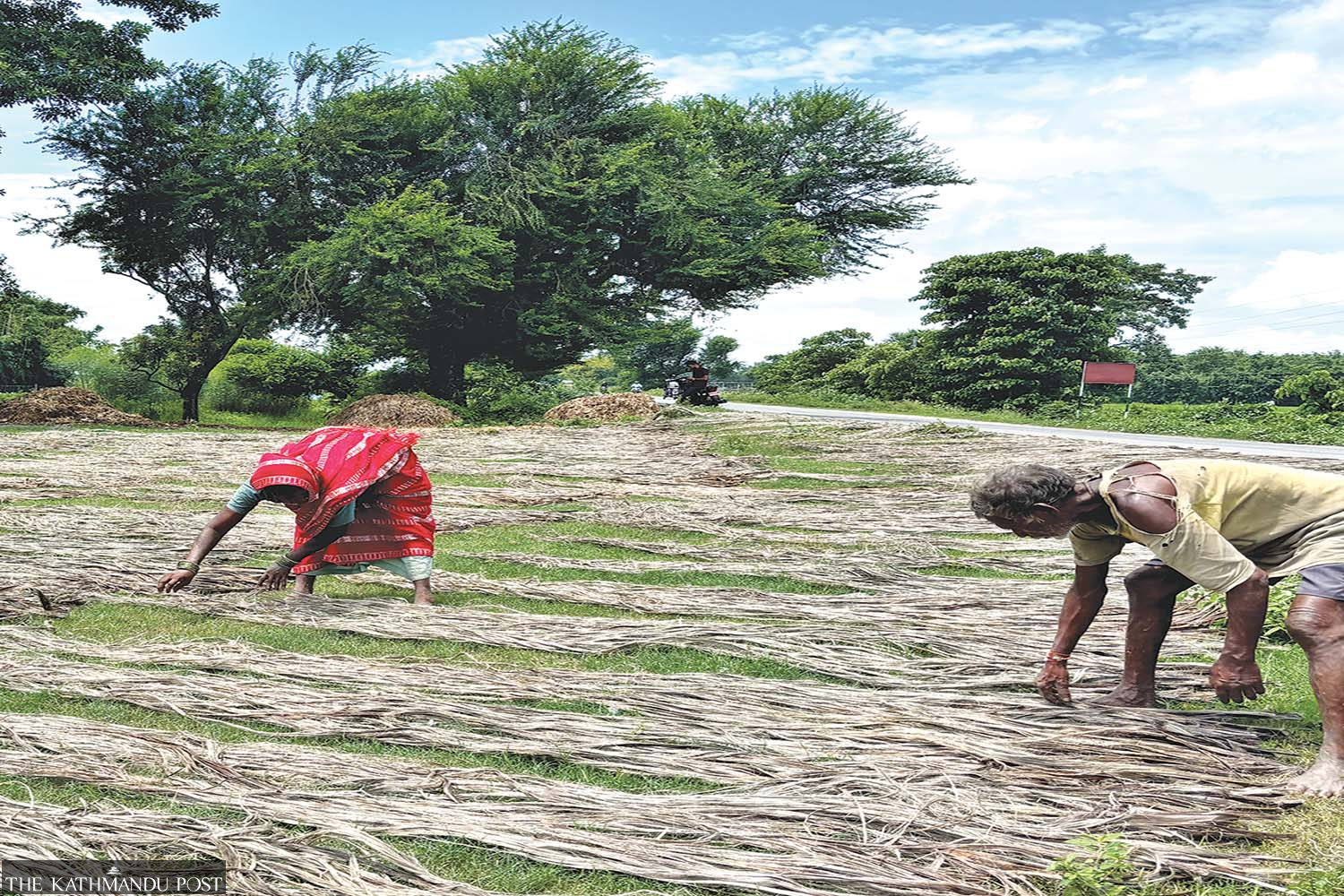Nepal’s jute industry survives on imports
Summary
Nepal's jute industry has dramatically declined from being a dominant cash crop to relying heavily on imports from India and Bangladesh as local cultivation and production shrink.
Key Points
- Nepal's jute industry has collapsed with local cultivation reduced from over 70,000 hectares to under 7,000 hectares.
- About 75% of raw jute used by Nepali factories is imported mainly from India and Bangladesh.
- Jute was once Nepal's leading foreign exchange earner, contributing nearly 50% in 1979, but declined after institutional support ended in the mid-1980s.
- Despite export of finished jute products, the domestic industry remains dependent on imported raw materials, threatening the future of local farmers and factories.
